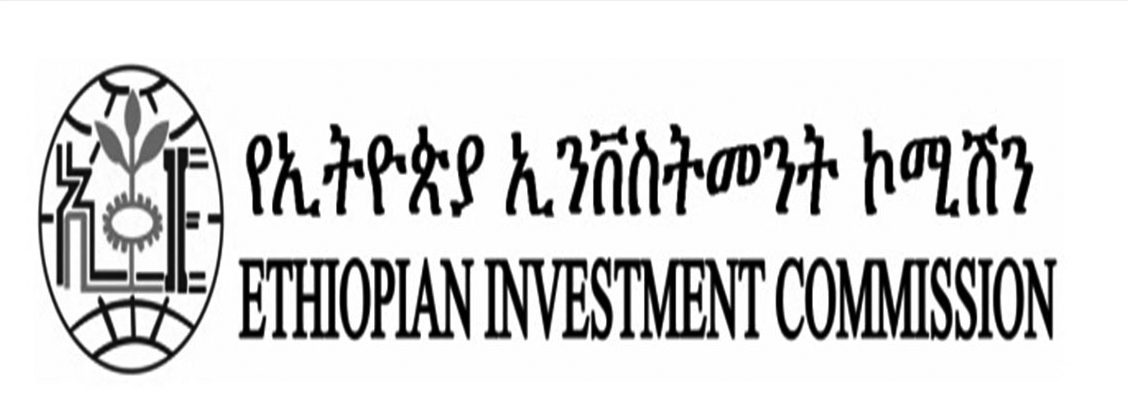
Back in January, The Ethiopian Investment Commission (EIC) said it has issued licenses to 94 foreign investment projects in the last five months who registered a total capital of 23.6 billion Birr or 843 million USD. Ethiopia has attracted a total FDI of 3.75 billion USD, last Ethiopian fiscal calendar. UNCTAD World Investment Report of 2017 showed that Ethiopia has registered 46 percent growth in FDI inflow to become one of the largest FDI recipients in Africa.
As part of its ambition to achieve structural transformation, the government puts making the country among the most preferred investment destinations at the top its priority list. Besides, the various industrial parks built in different parts of the country, the government has also announced its intention to fully and partially privatize public owned enterprises such as Ethiopian Airlines and Ethio telecom in a bid to further attract investment and bring in more efficiency in the public sector.
Much of Ethiopia has a surprisingly temperate climate by African standards due to its elevation. It has an elevated central plateau varying in height from 2,000 to 3,000 meters above sea level. In addition, Ethiopia is the 27th largest country in the world by land size, and given its diverse topography and geographical location, it is suitable for the production of some of the world’s most coveted food crops – cereals, pulses, oilseeds, a wide range of fruits and vegetables, coffee, tobacco, sugarcane, tea, and spices, among others.
The country is among the world’s largest producers of coffee and the 3rd largest producer of Arabica beans in the world. It is also among the top non-EU exporter of cut-flower to the EU market and the 2nd largest flower exporter from Africa.
In addition, Ethiopia is a member of the Multilateral Investment Guarantee Agency (MIGA), a World Bank partner which issues guarantee against noncommercial risks in signatory countries, and of the World Intellectual Property Organization (WIPO).
EIC’s data shows that Ethiopia has concluded over 30 bilateral investment promotion and protection agreements, of which 11 are with individual European Union Member States. Other partners include China, India, South Africa, and Russia, and a number of regional economic partners (Israel, Egypt, and Sudan, among others).
Ethiopia’s labor law is in line with international conventions. Being the most populous country in Africa next to Nigeria, more than half of its population is in the working age range. With a population of more than 100 million people and a rapidly growing middle-class society, Ethiopia is the second largest market in Africa and is also part of the Common Market for Eastern and Southern Africa (COMESA) comprising 19-member countries and over 400 million people.
Addis Ababa is also the main air hub for Africa and the home of Ethiopian Airlines, which has won repeated recognition as the best airline in Africa. Ethiopian Airlines offers flights to 101 international passenger destinations (57 in Africa, 20 in Europe and America and 23 in the Middle East and Asia), 22 domestic passenger destinations, and 35 cargo destinations (21 in Africa, 11 in the Gulf, Middle East, and Asia, and three in Europe). It carries two-thirds of Africa’s air freight, according to Commission’s data show.
The government is also offering a comprehensive set of incentives for investors. The incentives include customs duty payment exemption on capital goods, construction materials, and on spare parts whose value is not greater than 15 percent of the imported capital goods’ total value.
In addition, investors have the right to ask a refund of customs duty paid on inputs (raw materials and components) when buying capital goods or construction materials from local manufacturing industries. According to the Commission, the incentive packages also include an additional two to four years of income tax exemption for exporting investors located within industrial parks and 10- 15 years exemption for industrial park developers.
Duty Draw-Back, Voucher, Bonded Factory, and Manufacturing Warehouse, and Export Credit Guarantee schemes are also among the export incentive schemes. The government has also demonstrated a high level of political commitment to the promotion of investment. The Ethiopian investment board chaired by the prime minister handles the formulation and implementation of the investment policy.
The government has taken a bold move in initiating the development of state-of-the-art industrial parks as well as electrically powered railway connecting the capital and other economic corridors to the port of Djibouti. According to Mekonen Hailu Communication Director at EIC has also been putting in place various strategies to promote the country’s investment potentials for local and international investors. He noted that the country has the potential to improve production capacity; it has comparatively cheap labor and energy supply, besides the incentives the government delivers to investors.
“We also have a comparative advantage in market access both locally and globally,” he told The Ethiopian Herald.
Prominent international foreign Companies are showing interest to invest, he said adding due to the favorable investment climate, and many internationally renowned companies such as MTN, Ebesis, Alibaba Group, and Volkswagen have been showing their interests to invest in Ethiopia.
The Commission has also provided a comprehensive description of investment opportunities in the country to 1882 foreign investors who have interest to invest in Ethiopia in the first half of the current fiscal year. However, he recognized the fact that shortage of electricity and foreign currency still remain a challenge in the Commissions efforts to attract more investment to the country.
He further added that the investment policy is also under revision to make it more suitable to investors by reducing barriers. Recently, the Industrial Parks Development Corporation said that the industrial parks in different parts of the country are generating 11 million USD in hard currency each month and have created over 45 thousand jobs in the past six months.
The Ethiopian Herald March 7, 2019
BY ESSEYE MENGISTE




